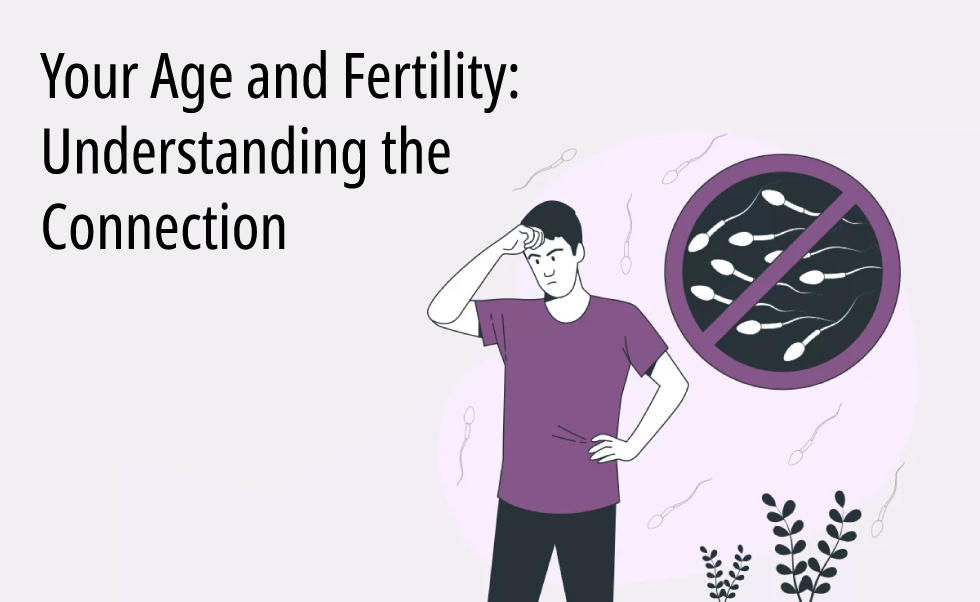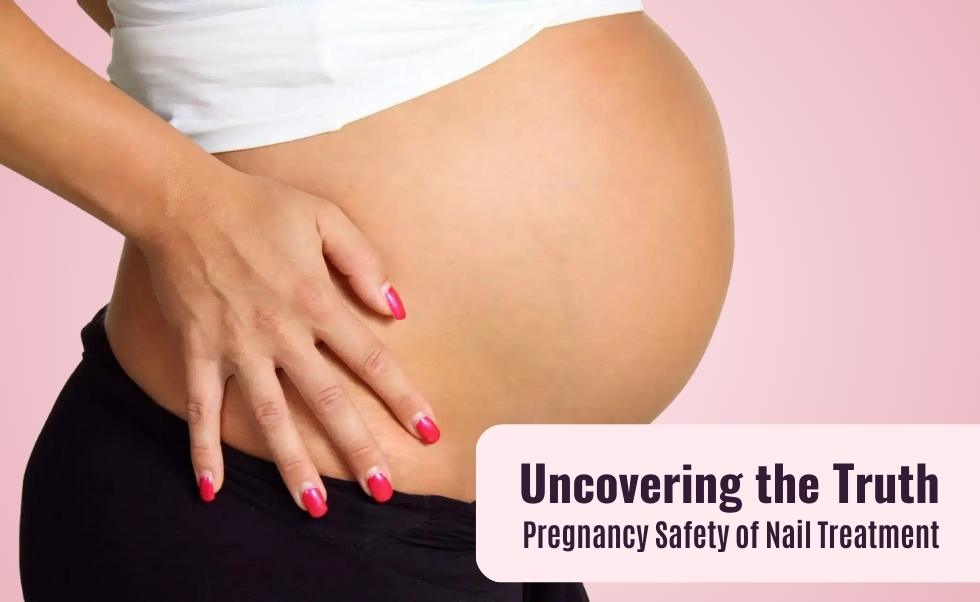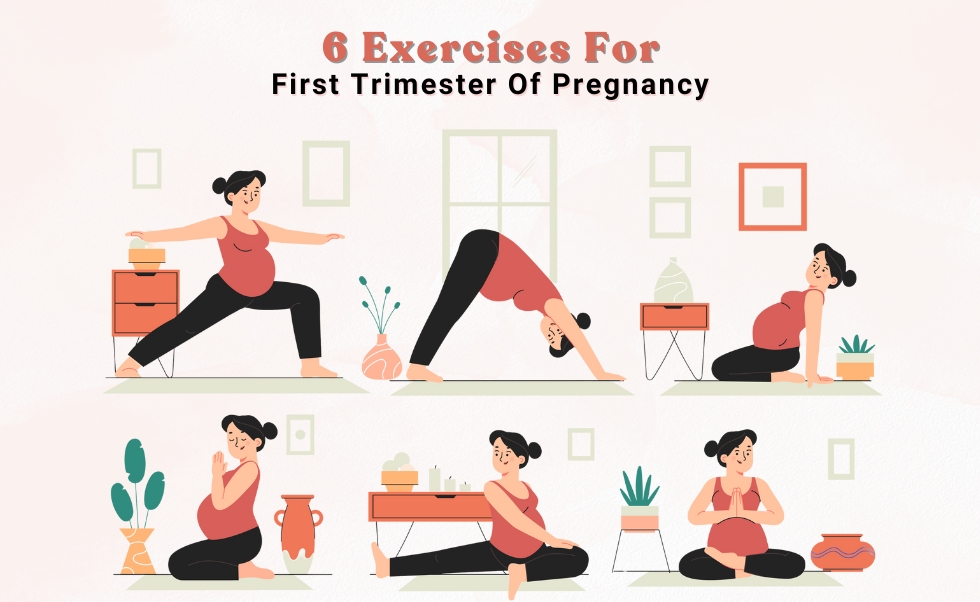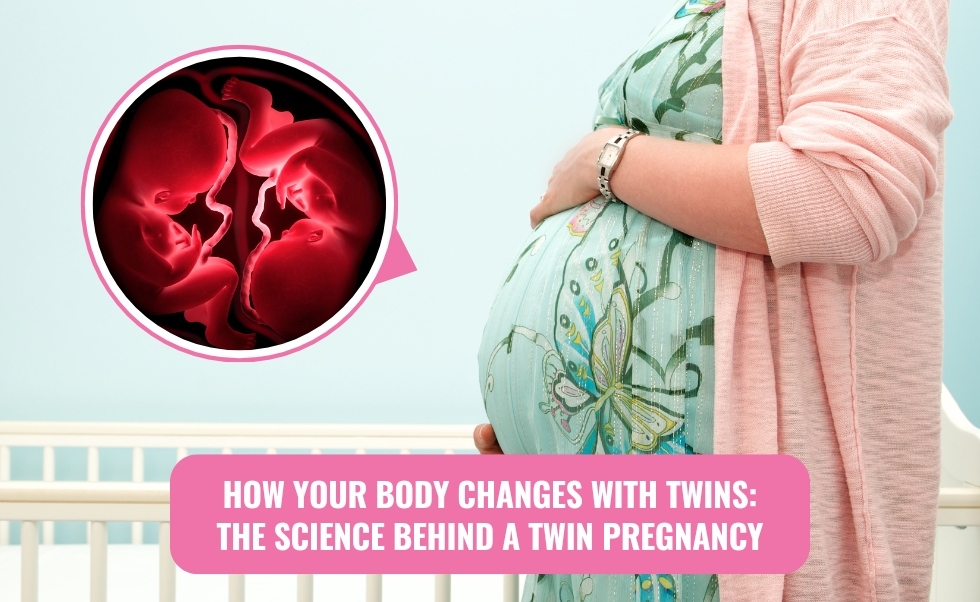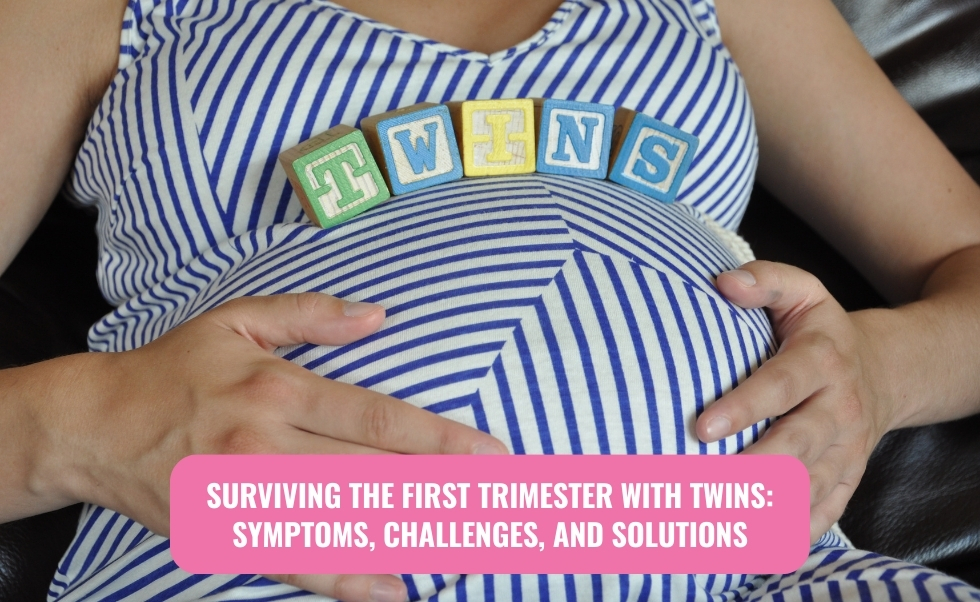Fertility is a crucial aspect of reproductive health, and age plays a significant role in determining one’s ability to conceive. Understanding how age affects fertility can help individuals and couples make informed decisions about family planning. This blog delves into the connection between age and fertility, shedding light on the biological changes that occur over time and offering practical advice for those considering parenthood.
The Biological Clock: An Overview
The “biological clock” concept refers to the natural decline in fertility that occurs as one age. Both men and women experience changes in their reproductive systems over time, but the impact is more pronounced in women due to the finite number of eggs they are born with.
How is Female Fertility Affected by Age?
- Peak Fertility Years: Women are born with all the eggs they will ever have, approximately 1-2 million. By puberty, this number decreases to around 300,000-400,000. A woman’s peak fertility occurs in her 20s when the eggs are healthiest and most abundant. During this period, the chances of conceiving each month are highest, around 25-30%.
- Decline in Fertility: As women age, particularly after 30, the quantity and quality of their eggs begin to decline. By age 35, fertility starts to decrease more rapidly, and by age 40, the chances of conception drop to around 5% per cycle. This decline is due to the natural aging process, which affects the eggs’ genetic material and increases the risk of chromosomal abnormalities.
- Menopause: Menopause marks the end of a woman’s reproductive years, typically between ages 45 and 55. During menopause, the ovaries stop releasing eggs, and menstruation ceases, making natural conception impossible.
How is Male Fertility affected by Age
While men continue to produce sperm throughout their lives, age can still impact male fertility. Sperm quality, including motility and morphology, tends to decline with age, affecting the chances of successful fertilization.
- Peak Fertility Years: Men generally maintain good fertility levels throughout their 20s and 30s. During this time, sperm count, motility, and morphology are at their best, contributing to higher chances of conception.
- Decline in Fertility: After age 40, men may experience a gradual decline in sperm quality. Factors such as decreased testosterone levels, lifestyle choices, and general health can also impact fertility. While men can father children well into their later years, the chances of conception may decrease, and the risk of genetic abnormalities may increase.
Factors Influencing Age-Related Fertility

Several factors influence how age affects fertility, including lifestyle, overall health, and medical conditions. Here are some key considerations:
- Lifestyle Choices: Smoking, excessive alcohol consumption, poor diet, and lack of exercise can accelerate the decline in fertility. Maintaining a healthy lifestyle can help mitigate some age-related fertility issues.
- Medical Conditions: Conditions such as polycystic ovary syndrome (PCOS), endometriosis, and sexually transmitted infections (STIs) can affect fertility. Regular medical check-ups and early intervention can help manage these conditions and preserve fertility.
- Stress: Chronic stress can disrupt hormonal balance and menstrual cycles, impacting fertility. Finding ways to manage stress through relaxation techniques, exercise, and support networks is essential for reproductive health.
Practical Advice for Family Planning
- Early Planning: If possible, consider starting your family earlier, during your peak fertility years. This approach can increase the chances of natural conception and reduce the need for assisted reproductive technologies.
- Fertility Awareness: Understanding your menstrual cycle and identifying your fertile window can improve your chances of conception. Ovulation tracking methods, such as basal body temperature charting and ovulation predictor kits, can be helpful tools.
- Seek Professional Advice: If you are over 35 and have been trying to conceive for six months or more, or if you are under 35 and have been trying for a year without success, consult a healthcare provider. They can evaluate your fertility, provide guidance, and discuss potential treatments.
- Assisted Reproductive Technologies (ART): For those facing age-related fertility challenges, ART options such as in vitro fertilization (IVF) and egg or sperm donation can offer alternative pathways to parenthood. These technologies have advanced significantly and provide hope for many couples.
Age is a significant factor in fertility, affecting men and women differently. Individuals and couples can make informed decisions about family planning by understanding the biological changes that occur over time and taking proactive steps toward maintaining reproductive health. Whether through natural conception or assisted reproductive technologies, there are many options available to achieve the dream of parenthood. Prioritizing a healthy lifestyle, seeking medical advice, and planning can help you confidently navigate the fertility journey.

